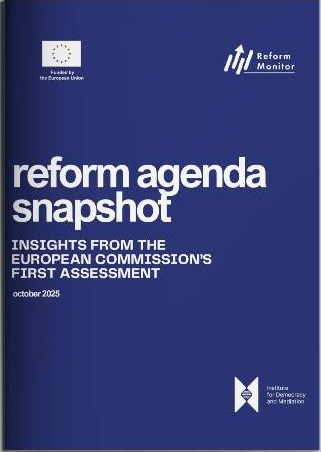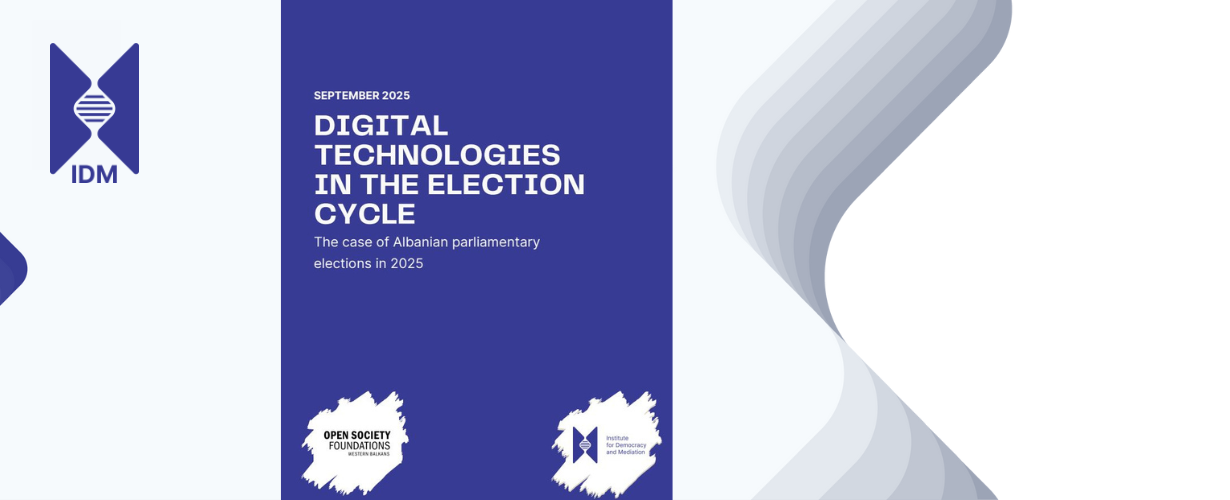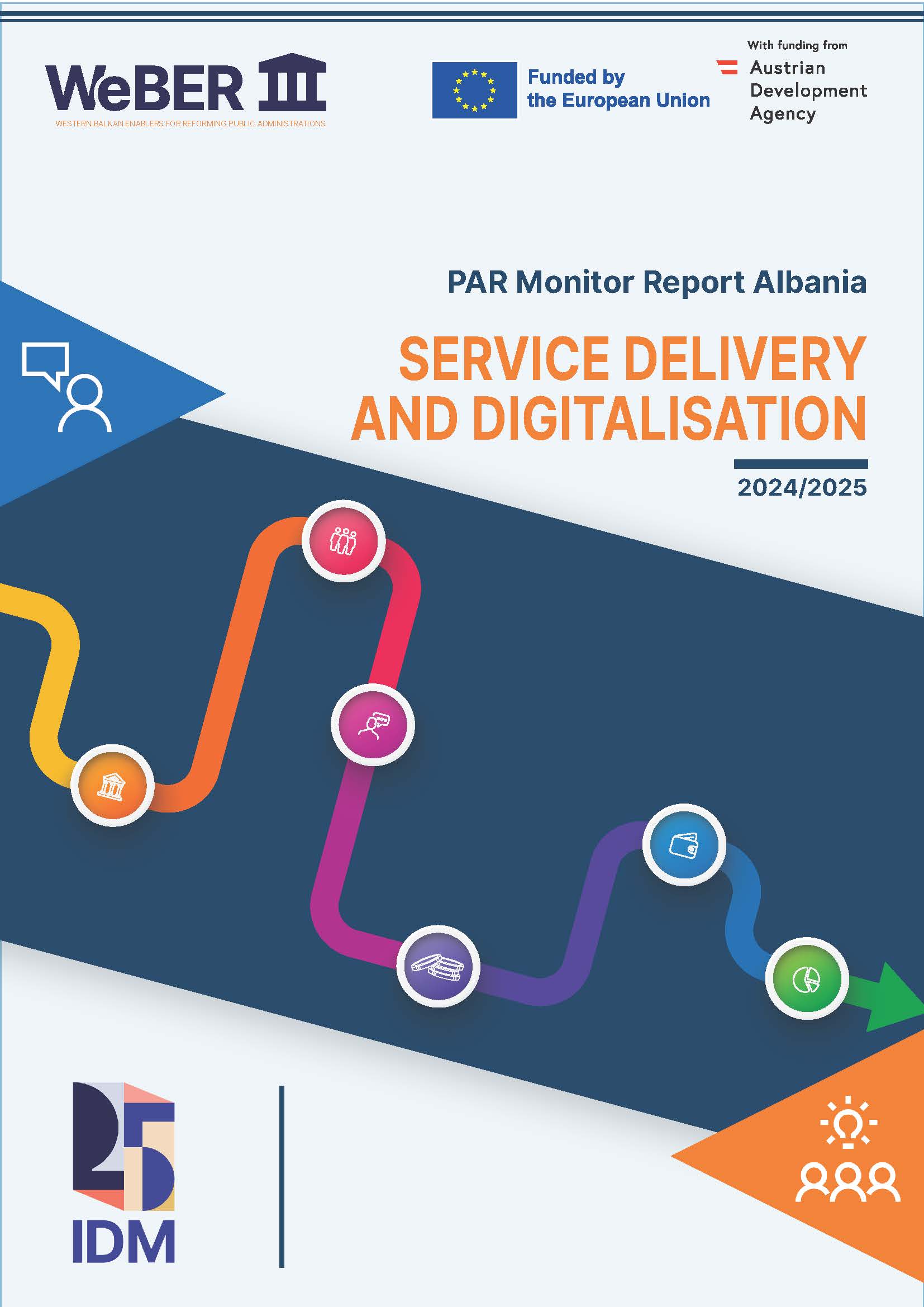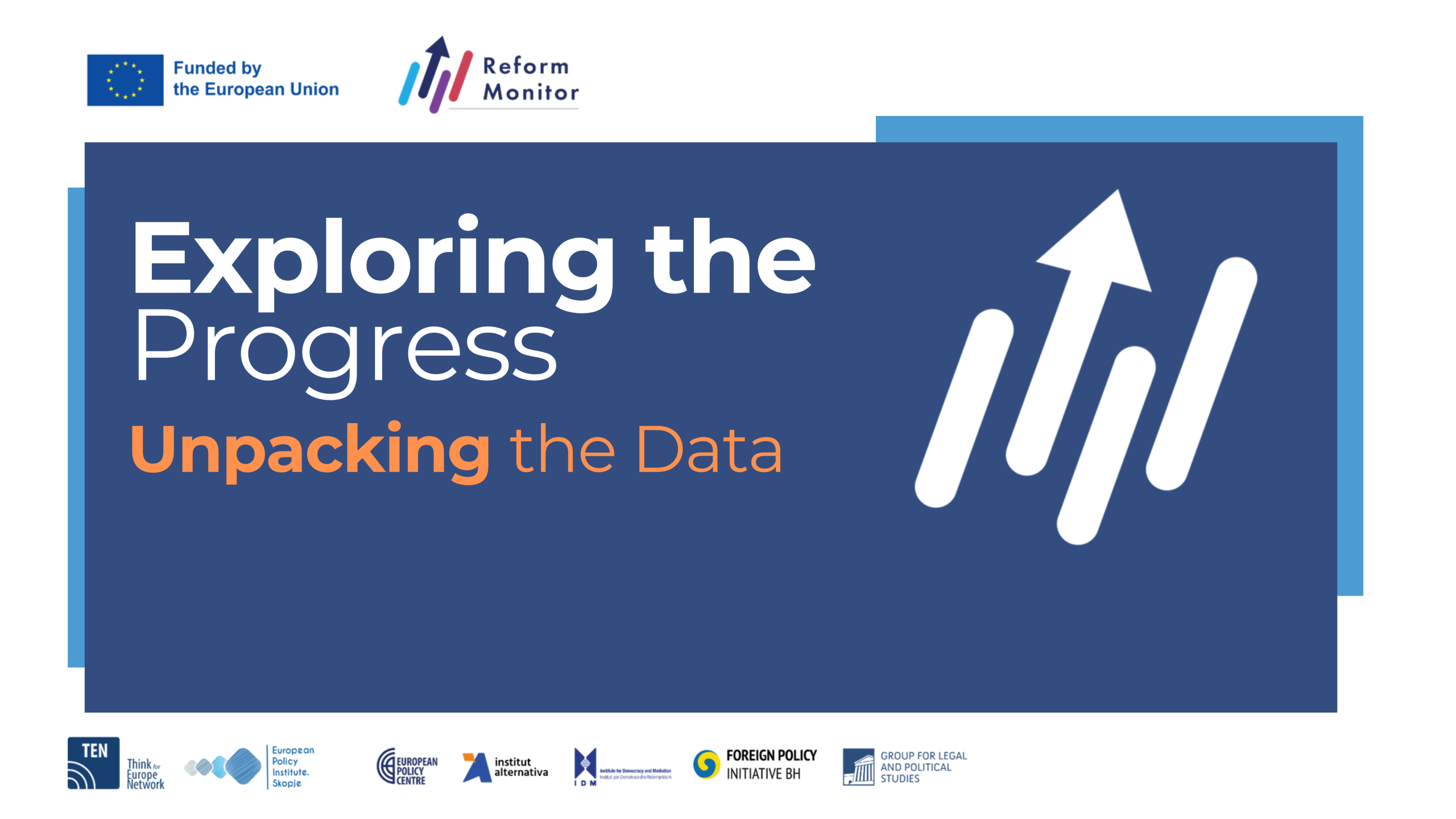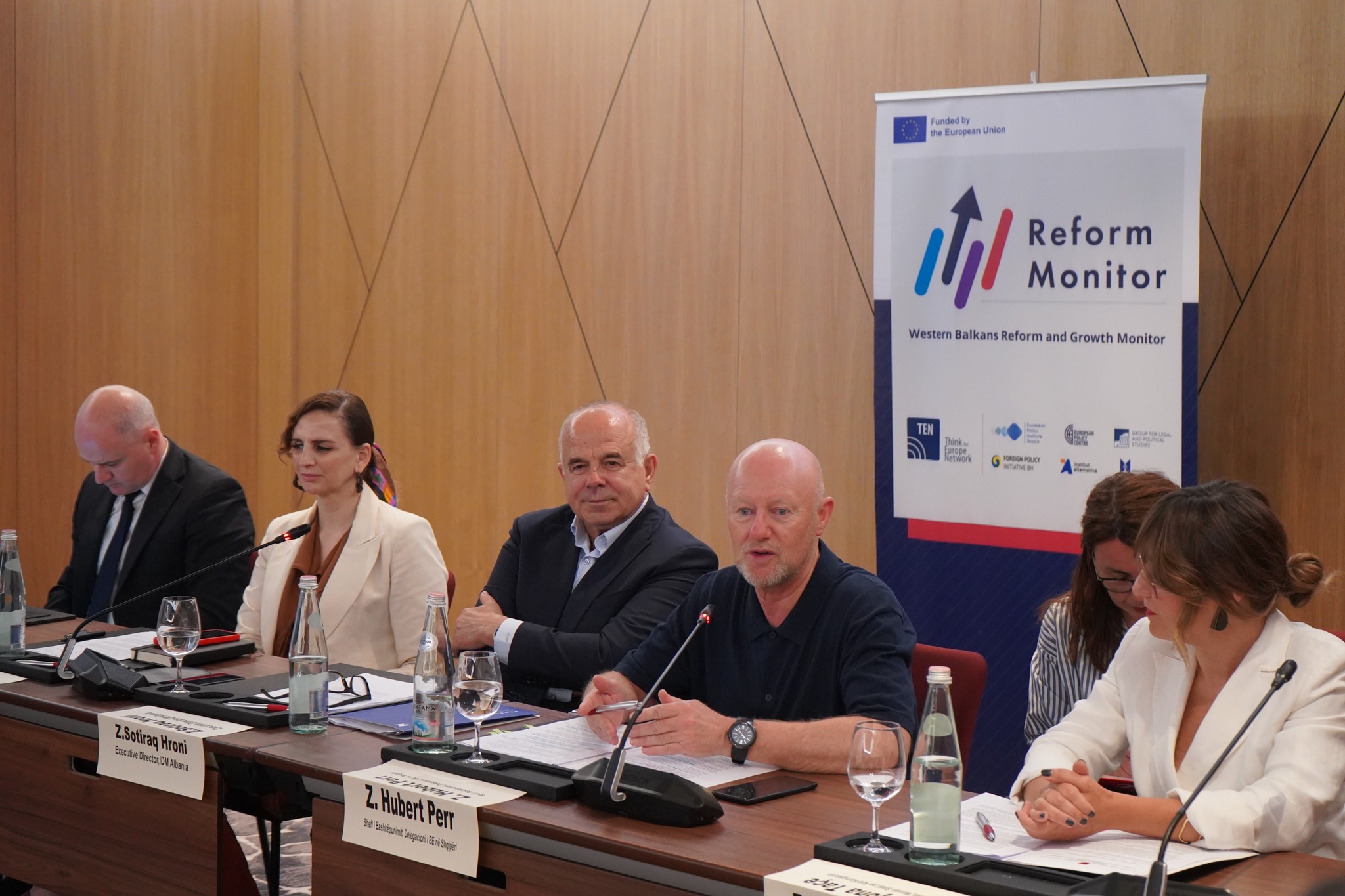Discussion on State Police Integrity Dilemmas
The presentation of the ‘Assessment report on State Police Ethics and Integrity’ based on the hypothetical scenarios survey
 Tirana, July 2019 – Following our engagement on fostering of police integrity through evidence based policy-making and capacity building of state police staff in institutional corruption risk assessment, IDM held a Roundtable Discussion to present and discuss the findings of the “Assessment report on State Police Ethics and Integrity” on 12 July 2019, at Tirana International Hotel. The purpose of this report is to provide an analysis on the types of integrity violations by the police in exercising their duty as well as the causes of individual and collective attitudes and perceptions among police officers. This report was drafted mainly based on the findings of the hypothetical scenarios survey administered with the members of the State Police during November 2018-January 2019. Prior to this report, this methodology was implemented in 2014 and 2016, thus including a comparative review of the data.
Tirana, July 2019 – Following our engagement on fostering of police integrity through evidence based policy-making and capacity building of state police staff in institutional corruption risk assessment, IDM held a Roundtable Discussion to present and discuss the findings of the “Assessment report on State Police Ethics and Integrity” on 12 July 2019, at Tirana International Hotel. The purpose of this report is to provide an analysis on the types of integrity violations by the police in exercising their duty as well as the causes of individual and collective attitudes and perceptions among police officers. This report was drafted mainly based on the findings of the hypothetical scenarios survey administered with the members of the State Police during November 2018-January 2019. Prior to this report, this methodology was implemented in 2014 and 2016, thus including a comparative review of the data.
The roundtable discussion gathered representatives of the General Directorate of the State Police, representatives of the Ministry of Interior, the Service for Internal Affairs and Complaints, the Security Academy, representatives of different sections of human resources in the local directorates of the State  Police, representatives of the Ombudsman, representatives of international missions, local civil society organisations and media. A summary of the main findings of the report was delivered by Rovena Sulstarova and included the following:
Police, representatives of the Ombudsman, representatives of international missions, local civil society organisations and media. A summary of the main findings of the report was delivered by Rovena Sulstarova and included the following:
➢ Breach of police integrity has been largely identified with bribe taking and opportunistic theft, although the types of violations that harm the integrity of the police organization are numerous.
➢ Dual employment of police officers is not reported as a severe conduct breaching the integrity of the police organization and has been welcomed and understood among colleagues due to poor financial treatment of police officers.
➢ Willingness to report on violations continues to remain low. Exceptions to this trend include the most serious violations of integrity of the police organization, which would approximately find more individual willingness than among colleagues.
➢ The group of young police officers (with less than 5 years of experience in SP) and women police officers generally report a more attenuated attitude towards violations that undermine the integrity of the police organization in assessing disciplinary measures against violations as well as willingness to report them.
➢ The culture of silence for reporting fellow officers’ corrupt acts continues to prevail in the State Police and the will to report violations is persistently depleted.
Click to go to download the full report.
 The report was well received by the General Directorate of the State Police as a contribution to address main integrity issues in the State Police such as the clarifications on the dual employment of police officers in order to have a certain level of flexibility towards this phenomena. Also, a representative of the Service for Internal Affairs and Complaints considered as a positive aspect that the respondents showed no tolerance to the case scenarios of serious violations of integrity and ethics.
The report was well received by the General Directorate of the State Police as a contribution to address main integrity issues in the State Police such as the clarifications on the dual employment of police officers in order to have a certain level of flexibility towards this phenomena. Also, a representative of the Service for Internal Affairs and Complaints considered as a positive aspect that the respondents showed no tolerance to the case scenarios of serious violations of integrity and ethics.
Representatives of the Ombudsman highlighted the need for continuous training for the younger generation of the police officers. In addition, the working conditions and financial compensation were highlighted as an important factors that have substantial impact on police officers’ performance and motivation.
The report was carried out in the framework of the “Building Integrity to Improve Performance and Sustainability in the Fight against Corruption in the State Police in Albania” project supported by a grant of the Ministry of Foreign Affairs of the Netherlands.

